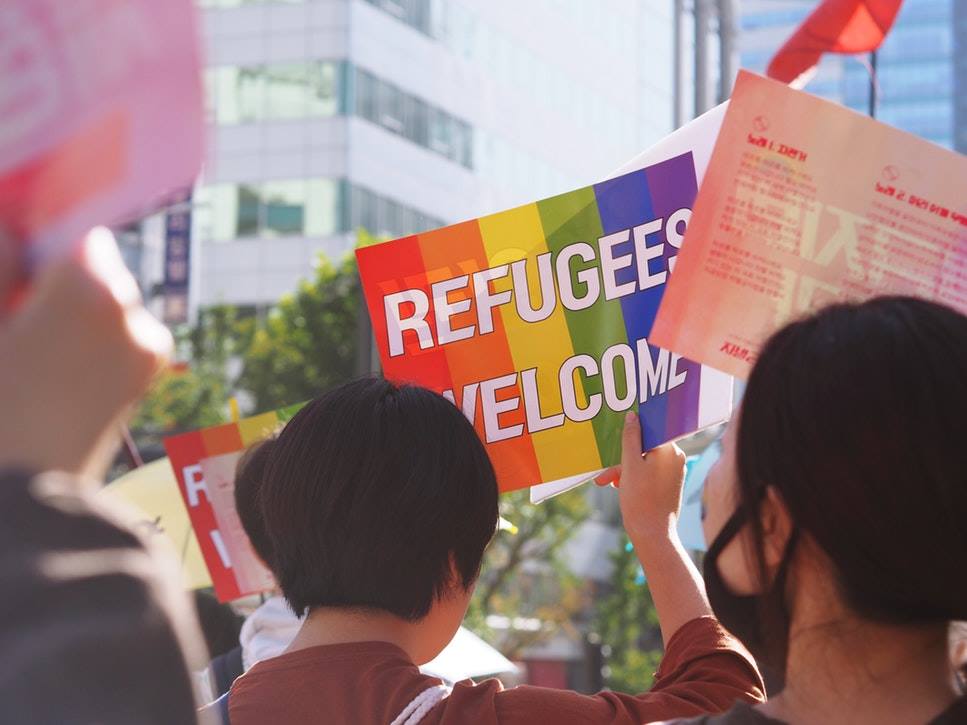By The Catalyst Editorial Board.
Our team sat down with Dilse Kaygisiz, author of “Refugee Economies, Child Labour, and the State: Turkey’s Case” in the Spring 2019 edition of Chrysalis. In her article, she explores refugee economies and child labour in Turkey. You can watch her discuss her article in her thesis video.
[youtube https://www.youtube.com/watch?v=nC_qXlm-0is&w=560&h=315]Dilse is particularly interested in migration studies and international relations. She decided to pursue her undergraduate studies in political science and international development studies at McGill University due to the international dimension of the school. Over the past two years she has been involved in Opportutoring, a non-profit organization that offers free tutoring services to refugees.
She has always been interested in the topic of refugees, however being from Turkey, Dilse witnessed the influx of Syrian refugees in recent years, which made her interest in doing research on refugees grow even further. One of the reasons why she wanted to publish her article was to contribute to the literature pertaining to her home country.

Her internship for the United Nations High Commissioner for Refugees (UNHCR) in Ankara in the Livelihoods department consolidated that interest and encouraged her to write this article. During her internship, she was able to observe the organization’s internal environment, such as the way UNHCR employees communicate with refugees, and how the UNHCR collaborates with other organizations to provide resources to refugees. She witnessed first-hand the procedure behind the vocational training programs offered to refugees. Her experience was extremely enriching as she was able to gather information that she would otherwise not have been able to for her research.
It is when having a discussion with Professor Megan Bradley, who is an Associate Professor in the Department of International Development Studies whose research focuses on refugees and forced migration, that Dilse chose her topic for her article. She wanted to combine the research conducted on child labour, education and employment of refugees, something that was missing in the literature. Upon graduation, Dilse hopes to pursue a master’s degree potentially focusing on refugees and migration.
You can find Dilse’s article here.


